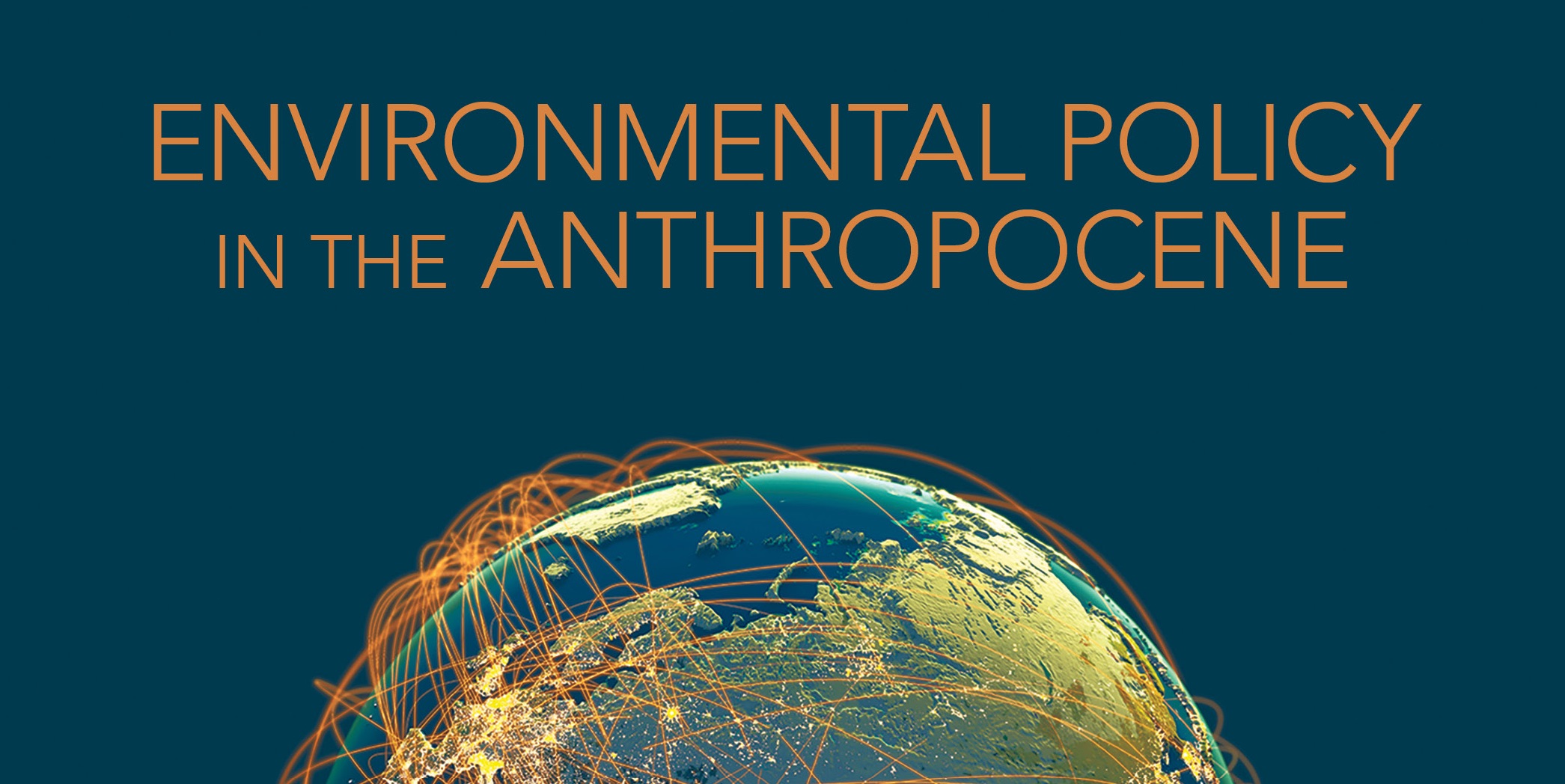Originally published in Environmental Policy in the Anthropocene (PERC, 2016). Download this full chapter here.
Recent developments in ecological science have emphasized the dynamic character of ecological systems, focusing on the role of disequilibrium responses to both endogenous and exogenous change. This understanding of ecosystems mirrors approaches within economic theory that emphasize the role of competition not as a “stationary state” but as the driving force of adaptive socio-economic change. Combining these insights suggests that the relationships between human action and the natural world should be seen as a co-evolutionary process rather than one of separate development. Unfortunately, much public regulation continues to be dominated both by a static equilibrium perspective and by one that sees human action as a disruptive intervention in the natural world. Nowhere is this approach more evident than in the realm of urban land use planning, where cities are often represented as an external threat to the natural order.
This short chapter sketches the implications of a dynamic, co-evolutionary perspective for the institutional management of the relationship between cities and ecology. It begins by outlining the core concepts of disequilibrium and dynamic adaptation in both ecological and economic theory. It proceeds to highlight the deficiencies of current urban land use policies when seen from a co-evolutionary standpoint. It concludes by outlining some institutional implications for land use and urban policy that is appropriately informed by co-evolutionary principles.




